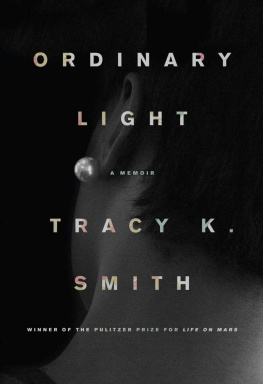PRAISE FOR
IN THE SHADOW OF THE VALLEY
In sobering detail and with open palms, Bobi Conn mines the depths of her desperation to earn love from a sadistically cruel father and an abused mother, from the boys and men who darken her path, from friends who betray her, and from a God who seems to have turned away from her. Conns honesty is heroic and heartbreaking as she shares her story of enduring the stigma of poverty and abuse, claiming her self-worth, and discovering the limits of forgiveness. A necessary and timely read.
Susan Bernhard, author of Winter Loon
This important and necessary debut memoir explores the rich beauty and disturbing tragedy of Appalachia, how the people, like the land, have been exploited by corporate greed. Bobi Conn is a masterful storyteller weaving a tale of extreme poverty; an abusive, drug-addicted father; and a devoted grandmothers love into the wider tapestry of an entire at-risk populations lives. In the Shadow of the Valley is like the hollers that pockmark the land; the beautiful and haunting words will echo in your heart and mind long after the final page.
William Dameron, author of The Lie: A Memoir of Two Marriages, Catfishing & Coming Out
In her memoir, In the Shadow of the Valley, Bobi Conn recounts the nesting doll of her life, from growing up in a Kentucky holler to eventually becoming a mother of two. But before the promised land, the route there is labyrinthine, complete with moving walls and trapdoors. Even so corralled in these pages, its clear that Conns aptitude for survival is enviable. Yet, her strength is that writing has become, for her, a kind of performance art. She wields her own experiences without romanticization or adding shock value for effect, which makes her voice accessible whether shes speaking of exposure to trauma at an early age or grappling with the implications of her upbringing as an adult. In that sense, she has crafted a relatable memoir where she reaches the reader wherever they are and reminds us, The hero of the story is always the storyteller. The storyteller is the one with power.
Bianca Spriggs, Affrilachian poet and author of Were Still Big Banging


Text copyright 2020 by Bobi Conn
All rights reserved.
No part of this book may be reproduced, or stored in a retrieval system, or transmitted in any form or by any means, electronic, mechanical, photocopying, recording, or otherwise, without express written permission of the publisher.
Published by Little A, New York
www.apub.com
Amazon, the Amazon logo, and Little A are trademarks of Amazon.com, Inc., or its affiliates.
ISBN-13: 9781542004169 (hardcover)
ISBN-10: 1542004160 (hardcover)
ISBN-13: 9781542004176 (paperback)
ISBN-10: 1542004179 (paperback)
Cover design by Laywan Kwan
First edition
I dedicate this book to my children, who have taught me everything I know about giving, and to my granny, who taught me to receive. I love you all more than words can tell.
CONTENTS
AUTHORS NOTE
I wrote this book to tell a story that I believe to be both important and good, and the best stories are truethe truth is complicated, compelling, and moving. At the same time, memory is fallible, and some of the material for my book derives from events that happened several decades ago; some of my stories are based on what I have been told by others, and that material has been identified as such. I have told each story with careful attention to the objective truth as I know it and with the utmost care for the people involved. I have changed the names and identifying features of characters in this book to help protect their privacy.
PROLOGUE
Life was different in our holler, I came to learn. And we were definitely living in a holler, not a hollow like you might read about in the dictionary or see on a fancy map. Merriam-Websters will tell you its a small valley or basin. The dictionary can also tell you its a depressed or low part of a surface; an unfilled space. But what it cant tell you is what that means, where the depression becomes visible in the land, what is inhabiting all that unfilled space.
Only people who were raised in hollers can do that.
A holler is a place where you very likely grew up in spitting distance of a relative, or at least close enough to see their house when the leaves had fallen for the year. Its a place where the sun takes a little longer to show itself in the morning and falls to sleep behind the hills a little sooner. Someones always discovering the treasures buried in hollerslumber, mineral rights, gas rightsand when theyre not ravaging the forests we explored as children, unsupervised and unafraid, or muddling the clear streams where we splashed and found fossils and learned to pick up crawdads without getting pinched, when theyre not ravaging our minds with OxyContin and cheap heroin and low-paying jobs and Mountain Dew and broken schools, it is us doing the ravaging: pulling our guns out or throwing fists, taking a beating in front of the kids, or searching desperately through Dads dresser while hes gone, knowing theres something in there that will get us high.
But the holler is more than that, too. The holler is quintessential Appalachiathe perfect symbol for this complex physical and cultural landscape. Here, the word is everythingit is saturated and dripping with history and sorrow and, still, beautya living paradox of place wrapping its arms around you in verdant honeysuckle vines that hold you close, that never let go.
Before my dads friend burned our house down, I could have taken you to the holler where I grew up. We could have stood on our old front porch to witness the Appalachian Eden sprawled around us, a patchwork of color and beauty and memory. If we looked to the left, toward the mouth of the holler, we would catch a glimpse of the white boards of Grannys house, especially in the winter when the two pawpaw trees shed their exotic leaves in her cow field. Up the road was the head of the holler, but nothing really seemed to exist past the sycamore tree that towered over the corner of our yard.
I used to stand on the porch when the rain poured down, all other sounds drowning in a symphony of water that beat the tin roof. In the spring, the frog songs reminded me that the land was waking up, and the whip-poor-will sang its refrainalways, it seemed, a love song. A few months later, the cicadas would buzz and hum and an ominous feeling hung in the air between them. It was the sound of summer in our holler and I loved it, though I troubled over how those strange creatures knew to break their slumber and join the rest of us aboveground.
Most of this land is the Daniel Boone National Forest, but Granny had a hundred acres tucked into it, and she had given my parents one of them. We had a small yard in front of the housebig enough to play and ride bikes, and even let hogs root around in, for a time. A page-wire fence ran the length of the yard, and a one-lane gravel road lay just beyond the fence. A narrow ditch separated Mill Branch Road from a hillside that came out of nowhere, and I explored that landscape without end.
I came to understand that the blackberry brambles by the side of the road appeared in the same places every year, as did the Indian paintbrush flowersthe brightest splash of red I ever found in a forest dominated by the green of living leaves, and the brown of the dead. The blackberries were sometimes as tart as they were anything, but it was worth the risk when you bit into a sweet one, its juice exploding onto your tongue while the skin surrendered to your teeth. Those wild berries were so good, you might not notice you had also eaten a sugar ant that was trying to get its own fill. Every year, I looked for two patches of purple phlox, one on the hillside across from where our wooden picnic table sat and one in the shady part of our yard, behind the old smokehouse. I found the little flowers, so perfect in their symmetry, blooming again and again in the same placesborn and bound to this land, like me.
Next page
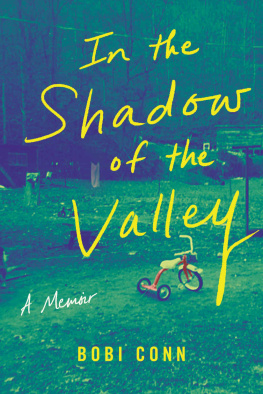
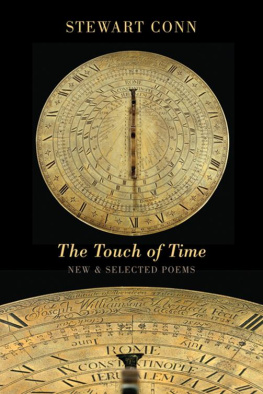

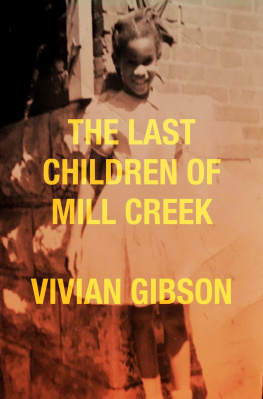
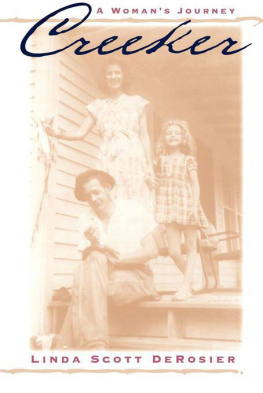

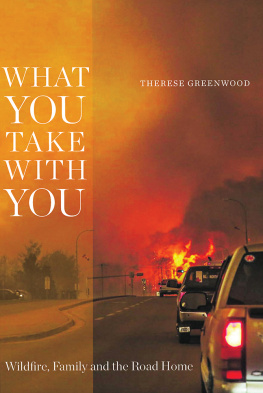
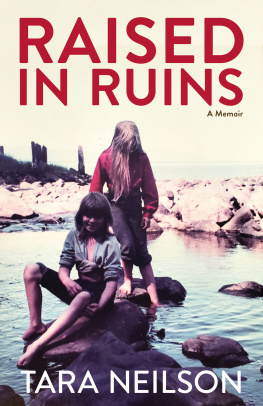
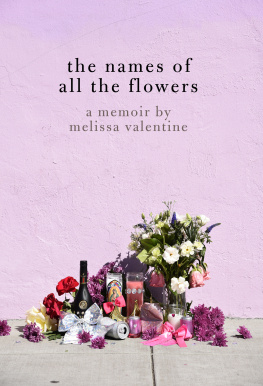
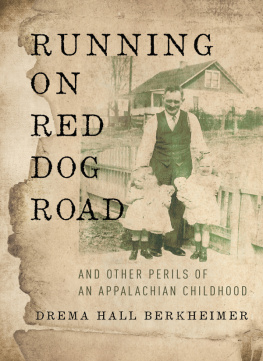
![Johnson - This boy: [a memoir of a childhood]](/uploads/posts/book/185323/thumbs/johnson-this-boy-a-memoir-of-a-childhood.jpg)
